... and just like that the heavens tore open and unleashed an incredible 50 SciFi and Fantasy citations for the day of August 30th!
Longtime readers of SciFiHistory.Net know full well that I've always tried to build each and every possible day into an unbelievable reservoir of trivia; and my long-stated goal has always been to achieve minimally 50 different citations between birthday mentions, film releases, TV airdates, etc. I got up early today and tinkered on today's date -- August 30 -- and managed to squeak in a few more in order to reach that magical, mystical benchmark. And that's always a cause for celebration around these parts, so please surf on over to the day and delight in the facts.
As always, thanks for reading ... and live long and prosper!
-- EZ



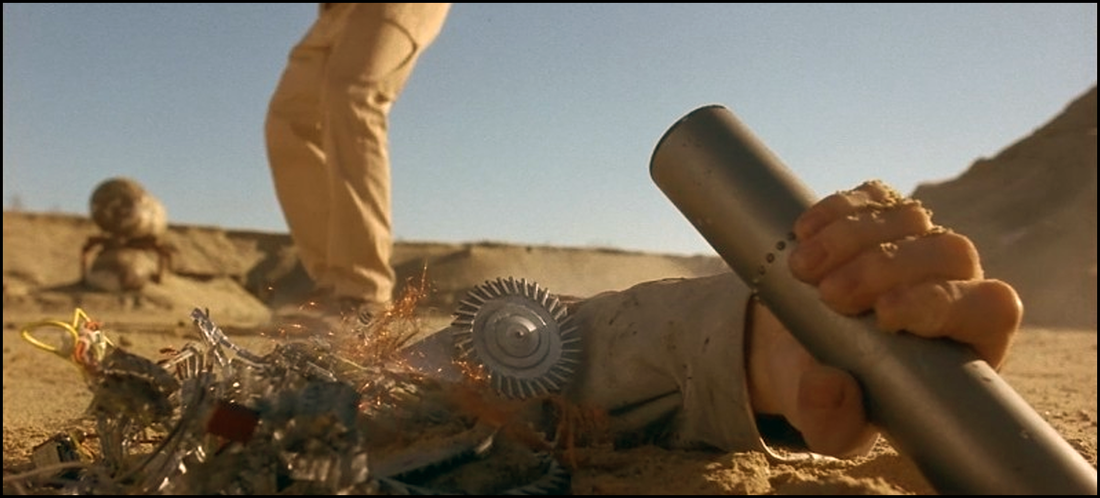


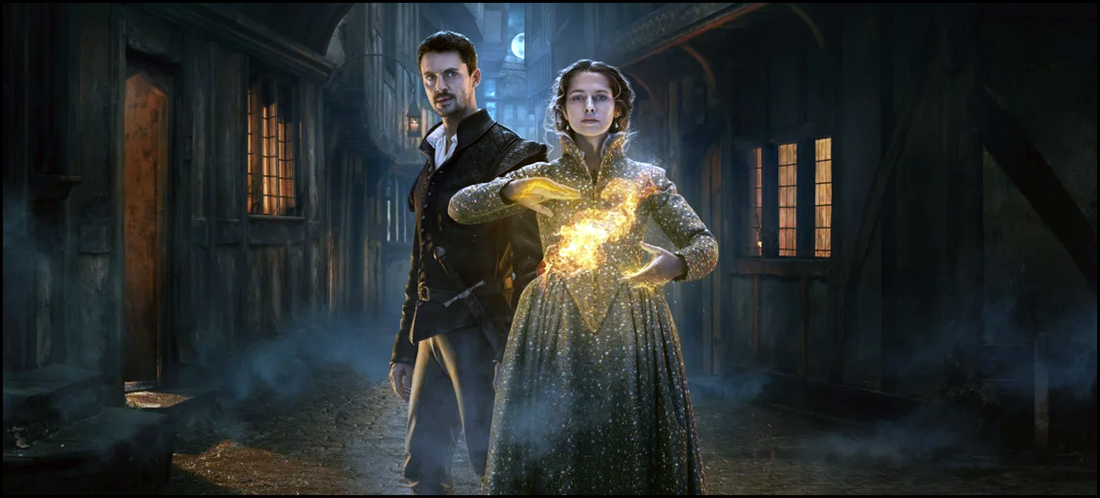

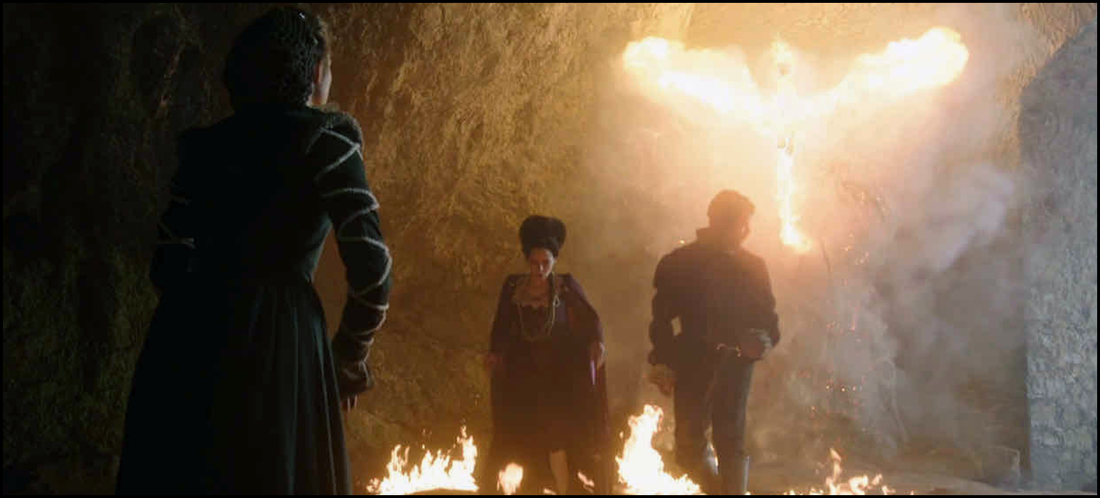
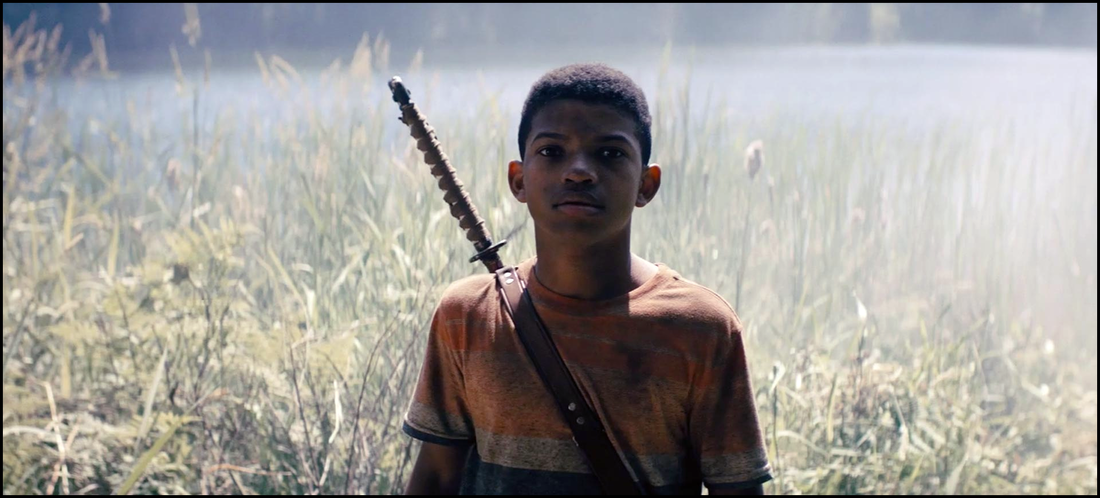




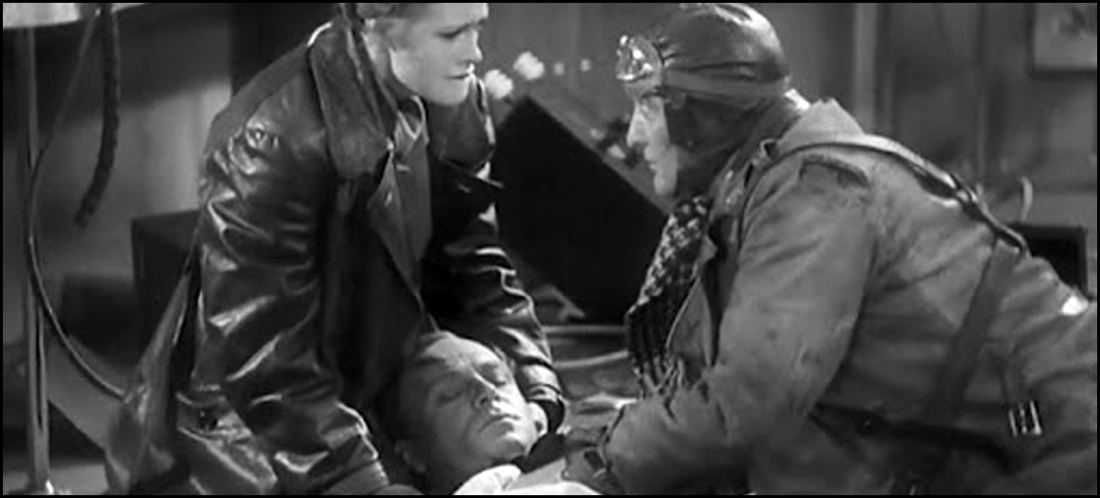
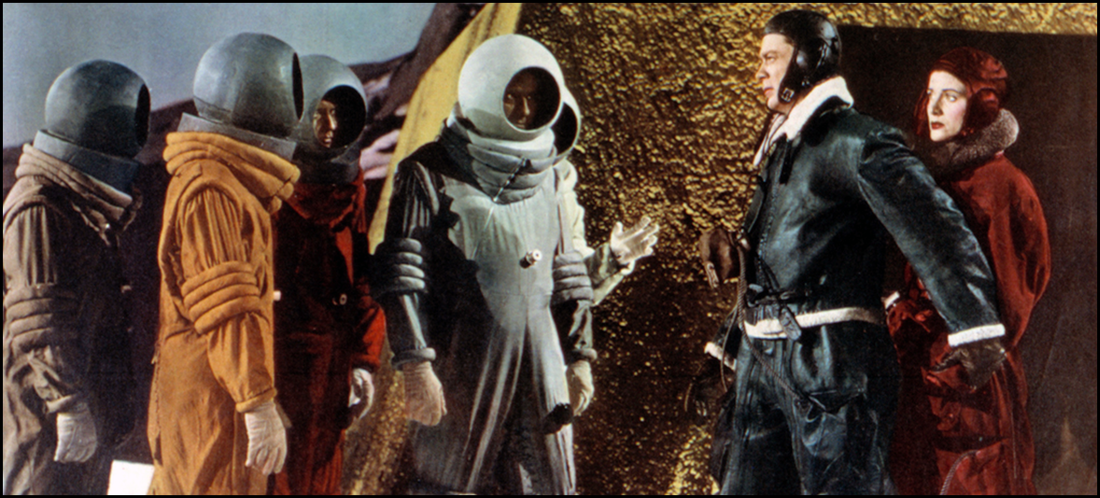
 RSS Feed
RSS Feed